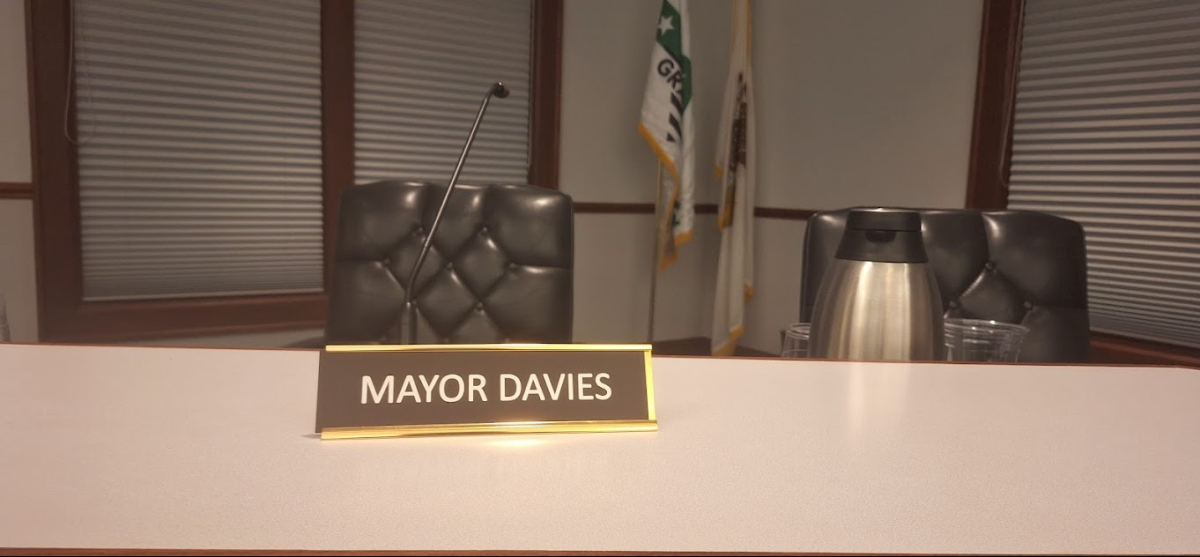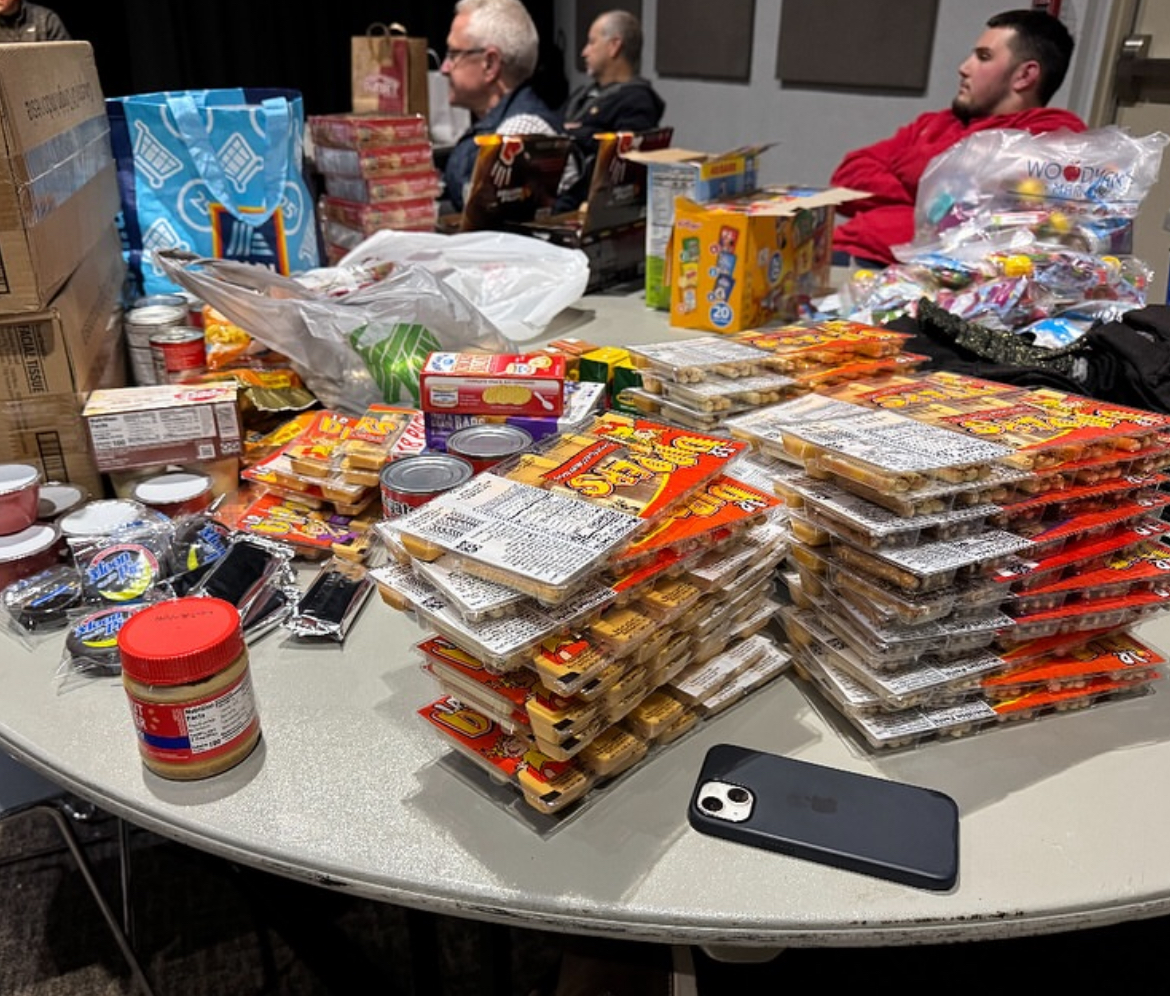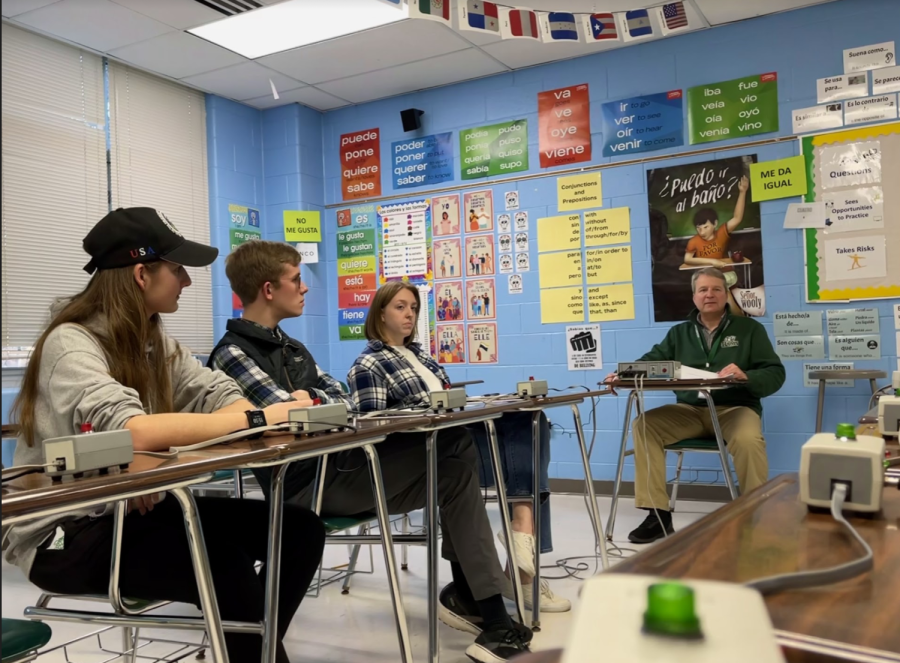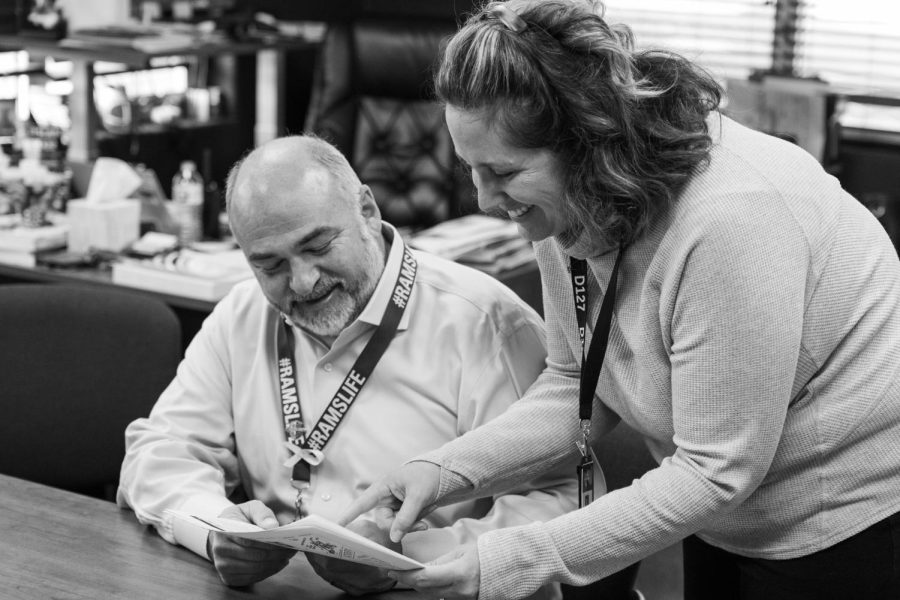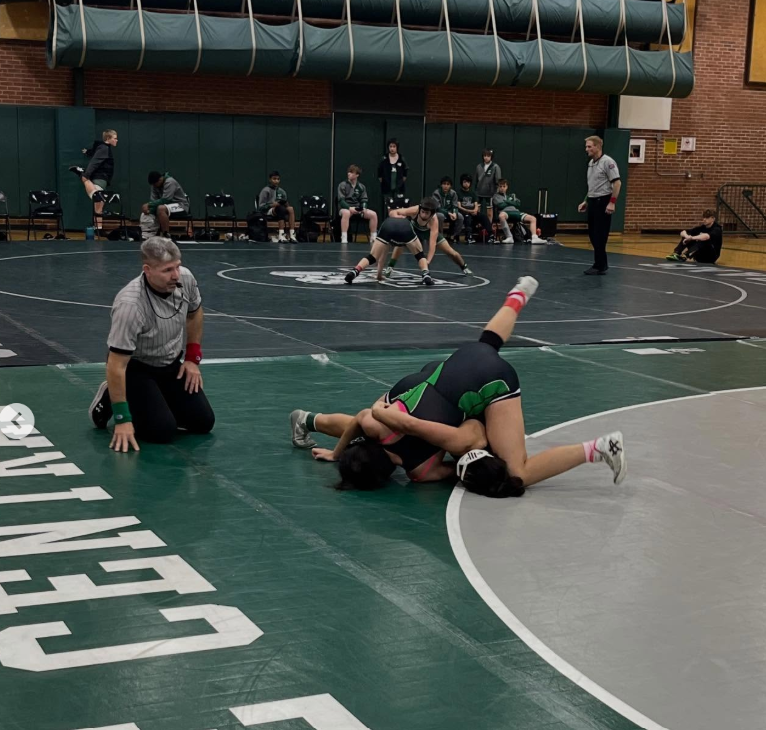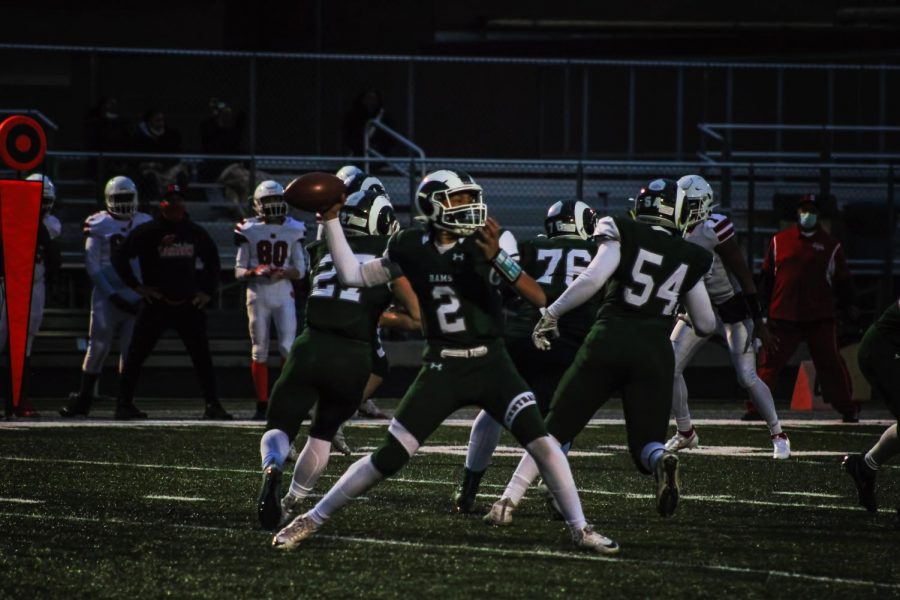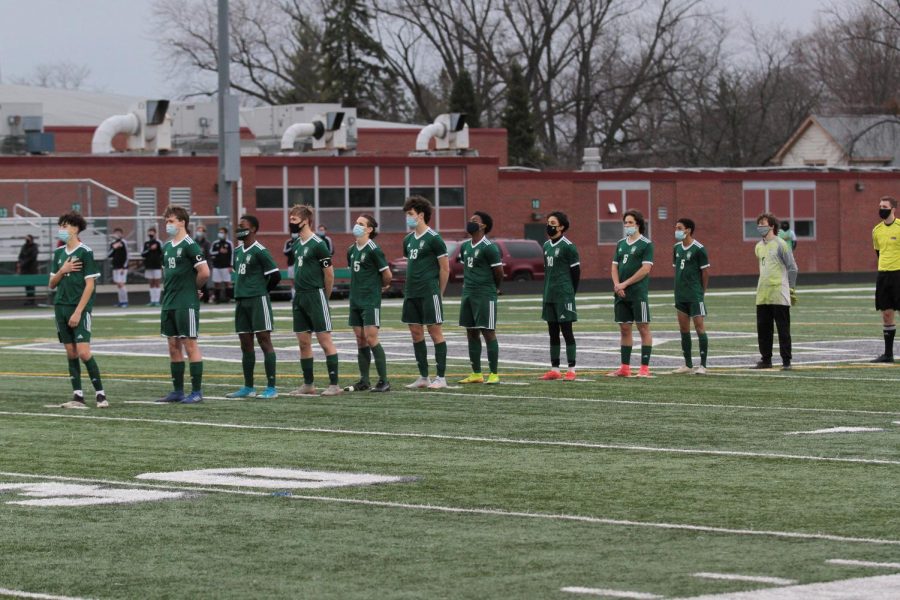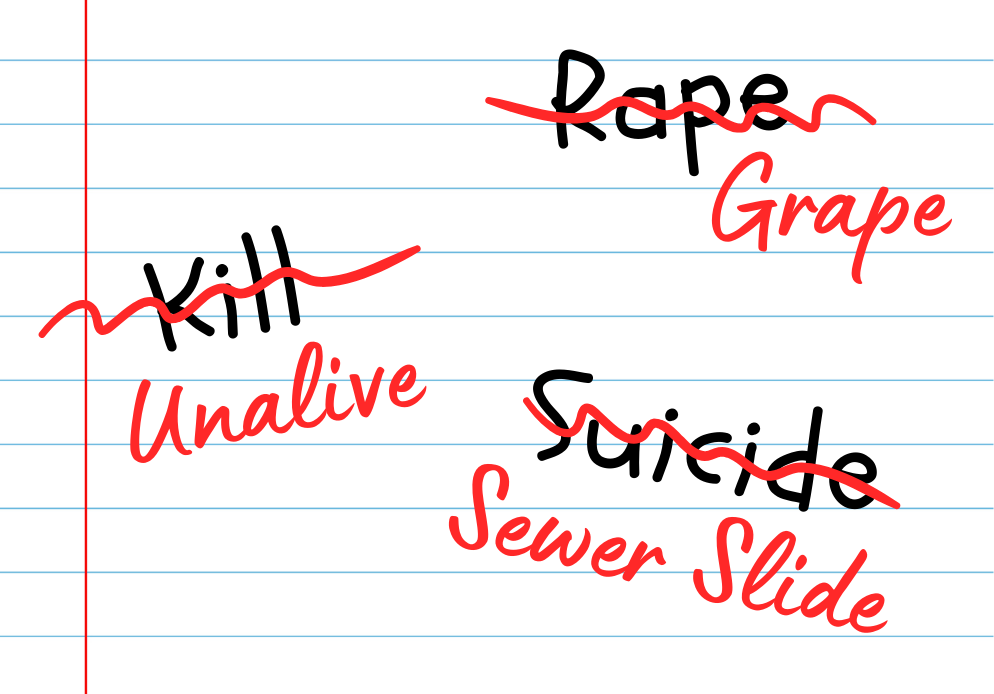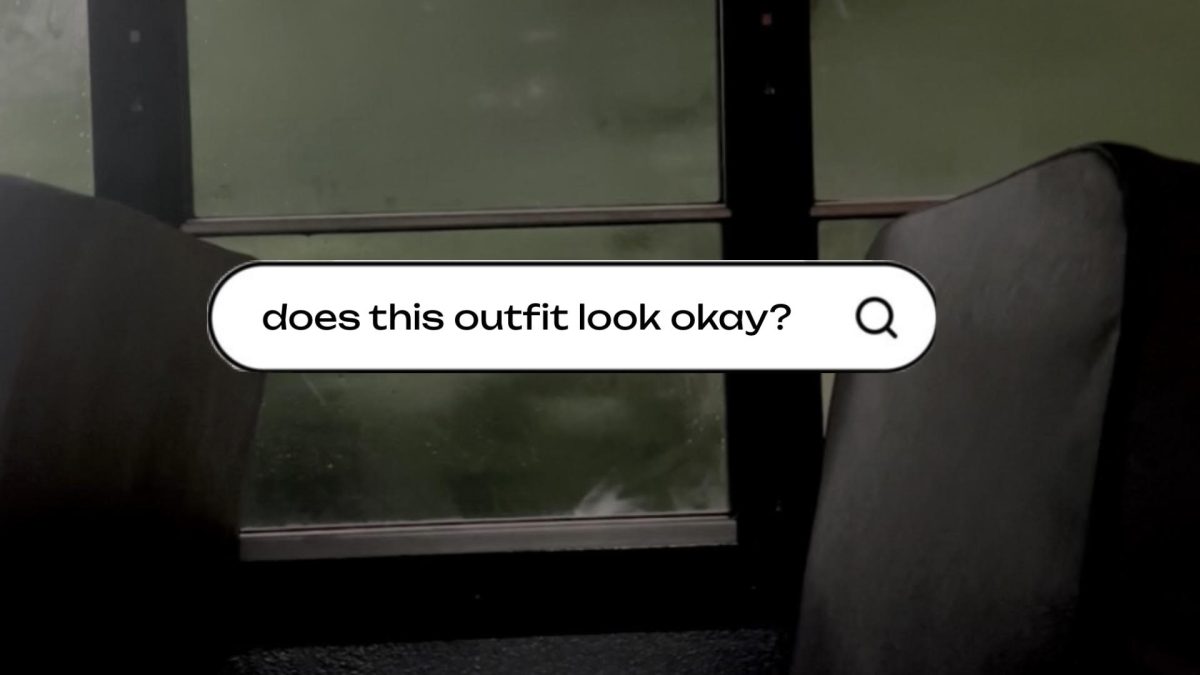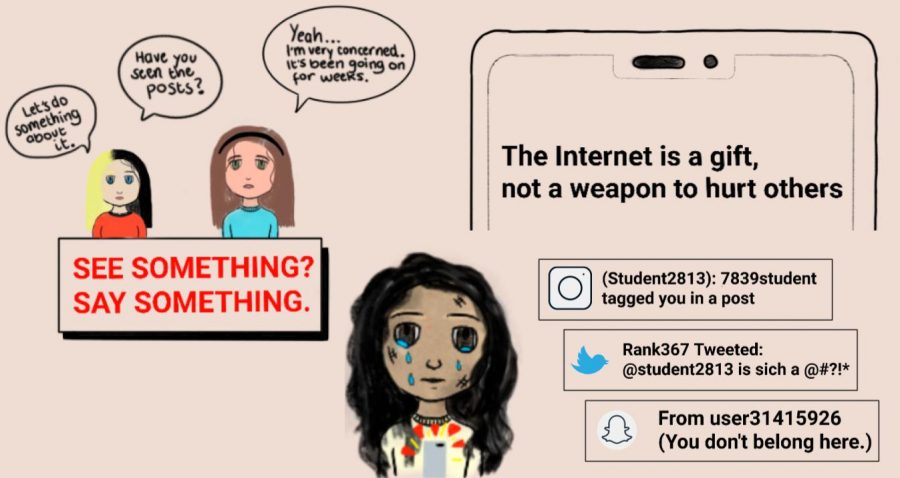Suicide jokes: No laughing matter
November 25, 2018

Suicide is a topic that not many people like to talk about, but individuals here at GCHS commonly hear and make these jokes regarding suicide. How common are these jokes? Why are using these sayings and jokes an issue? Why do students do use them? Two students and social worker, Dean Griffin, are here to provide their voice on the matter.
So what is a suicide joke?
“I think anything that really makes fun of, you know, people that have attempted or completed a suicide.” said Griffin. “I think it would be, certainly at very minimum, be in really poor taste.”
Jack Galiano, a sophomore at GCHS, added saying, “In my personal opinion, a suicide joke is any sort of joke or hint made at suicide, the intentions of suicide, or just the thought or action of it.” Galiano continues that, “I have, many times, been in earshot of suicide jokes. Not that I can really remember any specific ones.”
Many students may not even realize that they are making these jokes, as they have become so common. Yet, others are hearing them, and people are taking note.
Aron Kulagowski, a sophomore at GCHS explains this further, saying, “There’s a range, I feel, of things that could be put under the umbrella of suicide jokes. I guess there’s like, a basic one would just be someone making a joke about hurting themselves.”
How can could students possibly consider these jokes. Why did they even start doing this in the first place?
From a student’s perspective, many students probably hear these on a daily basis. However, it seems to be the exact opposite for staff and faculty. “I may not be aware of that, I guess, that this is maybe becoming more of an issue,” said Mr.Griffin. “Years ago, it was … the yo mama jokes,” continued Griffin.
Why do I hear these jokes so often in the hallways? Are we, the students, not realizing what we are saying?
“I think it has to do a bit with the incline of depression among teenagers and stuff like that,” said Galiano. “A lot of it can be used as a coping mechanism with those kinds of things, such as depression and anxiety themselves,” continued Galiano.
Once Mr. Griffin was informed of the new fad, he furthered his assessment stating,
“Students make jokes about a lot of sensitive issues [because], I think, that they may not think that it’s affected anybody that they know, or in earshot of them. They’re, you know, they’re joking around about it, they’re venting, their frustrations,” elaborated Griffin.
The issue with these jokes is that other students can hear and are affected by them. Just because someone may not mean the joke seriously doesn’t mean that the joke won’t hurt someone else.
“The suicide jokes are the new random humor… everyone says it, everyone talks about it, and no one takes it seriously, which is an issue because the people that do take it seriously, the people that have lost people, and have experienced these things, they are the people that this is affecting.” said Kulagowski. “I feel like, that’s become like, a norm. And that’s not healthy, that shouldn’t be something that just comes as second nature. And people are so quick to dismiss it.”
But what should a student think when he or she hears one of these jokes or sayings? Could that cause one to make some sort of conclusion about that person’s mental state? Shouldn’t we be concerned? These are not sayings that should be taken lightly.
Galiano stated that, “Personally for myself that will not cause me to make any sort of inference or biased judgment based on what was said mostly because I try to avoid bias,” said Galiano. “I don’t know that person, I don’t know their situation, I don’t know if this could be something they are serious about or not.”
These jokes need to be taken seriously. We need to look out for each other. Whether these jokes and sayings are covering up stressors, frustrations, or are audible to those around the person, these jokes and sayings are hurting someone.
But what can be done to stop them?
“Adults can’t be there all the time to police things, right? You know, it really does come down to you [the students] ,” said Griffin.

Photo Illustration by: Daniel deBoer
Photoshop by: Jordan Fliegelman
Kulagowski, “Stop making suicide jokes because that’s concerning me and it’s scaring me! Stop!”
“If you’re really feeling badly about it talk to your school counselor, talk to somebody, guidance, … [a] mental health professional, please,” said Kulagowski.
Overall, students simply don’t understand the severity of suicide jokes. And it’s up to us, the students of GCHS, to stop these jokes.




